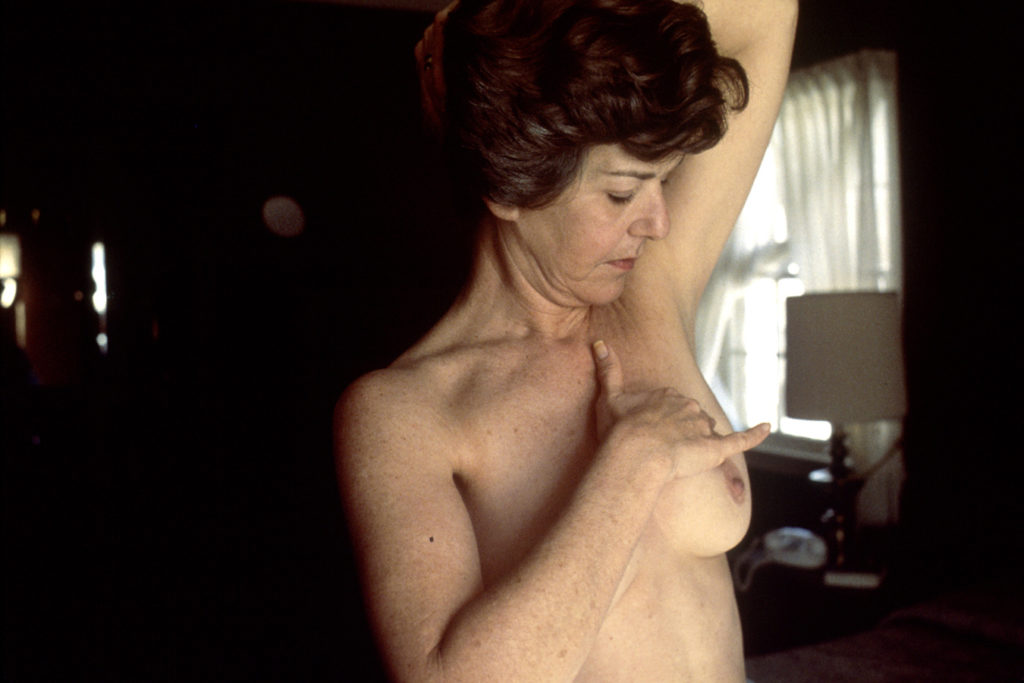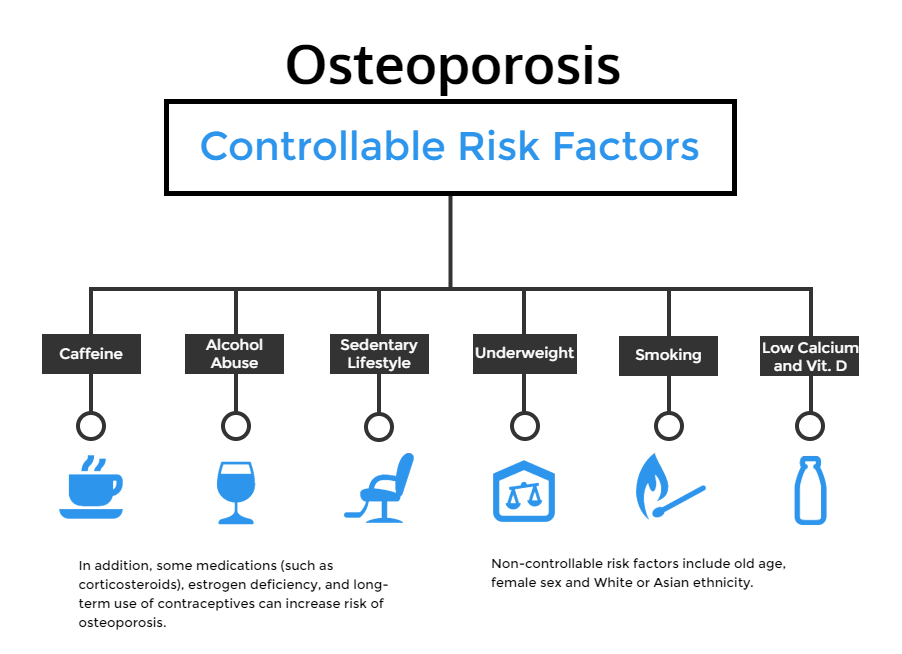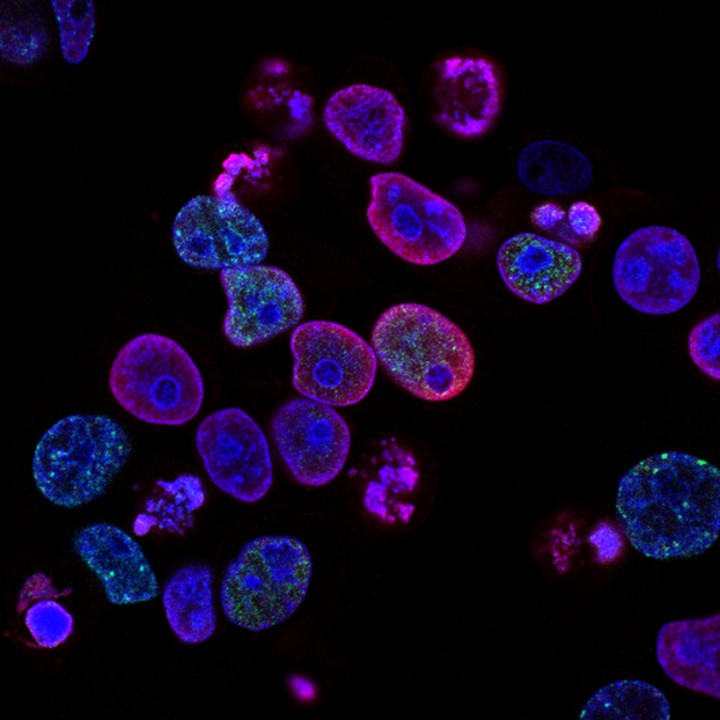If you are like millions of other women, you may have learned at an early age to check your breasts for lumps or other abnormalities. The self-breast exam is one of the most well-known screening procedure and an iconic symbol in the fight against cancer. For years doctors have been recommending and performing breast exams in an effort to detect early signs of one of the most common and deadly cancers in the world, an affliction that strikes approximately one in eight women in their lifetimes. But today, many medical professionals have stopped administering these tests in their offices… and have even stopped recommending self-breast exams to women!

So what gives? Why have many doctors abandoned a decades-old practice? And does this mean you should stop performing self-breast exams?
The answer to both of these questions lies in the numbers. Specifically, the lack of them showing that breast exams help reduce deaths to breast cancer. In fact, some research has suggested that breast exams, performed at home or by a doctor in a clinic, may actually do more health than good!
There could be a number of reasons for these problems. The US Preventive Task Force suggests that some of the problem may arise because the clinical breast exam “currently lacks a standard approach and reporting standards.” It also highlights the tendency of breast exams to give false negatives, where a woman believes she has cancer but in reality is cancer-free. This can lead to needless tests, biopsies, anxiety, and medical costs, all of which can do a great deal of harm to a patient who mistakenly believes they are sick. The American Cancer Society points to the lack of research supporting the use of breast exams, but reminds women that they “should be familiar with how their breasts normally look and feel and report any changes to a health care provider right away.”
There is still research being done on this subject, and many doctors are optimistic that one day a standardized test with reasonable accuracy will be available for women that do not have access to mammograms. And many medical professionals still recommend that women be familiar with their body – even going so far as to recommend traditional breast self-exams. But as a woman, it’s important to understand that scheduled mammograms are your best defense against this deadly cancer – and to understand that, if you do find something unusual with your body, it could mean any number of things. So be sure to talk to your doctor, and keep up with your scheduled mammograms!
For more information on the recently updated Breast Cancer Screening Guidelines, click here!




